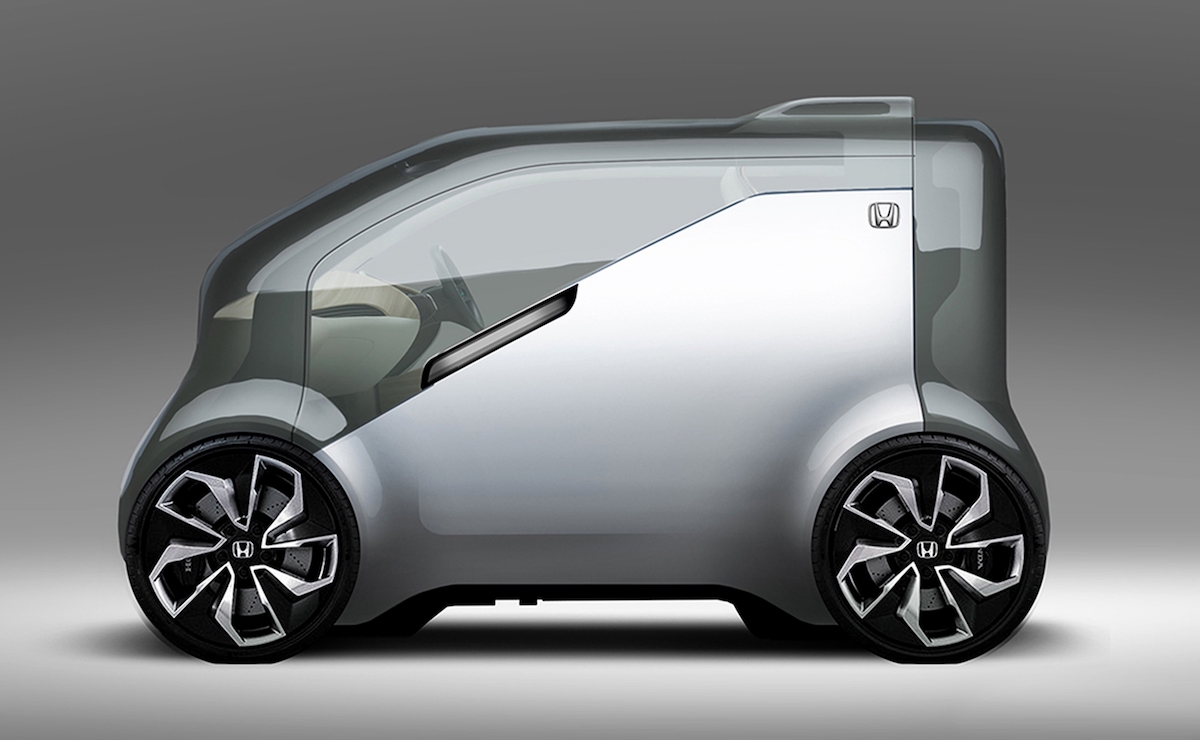Due to the particularity of culture and population structure, automotive market in Japan reveals the development trend with uniqueness, among which the development of new technologies related to human-vehicle interaction is highly worthy of our attention. Toyota, Honda, and various Japanese automakers apply broadly the AI technology to this field besides self-driving technology, which in other words can be interpreted as the purpose of "relieving loneliness in human beings" (that may become necessary in the future world) over the traffic safety improvement. Certainly, I think these comparatively negative attitudes over the belief in or expectations on self-driving technologies by Japanese have influenced the development orientation of their automotive manufacturers to some extent.

In 2017, Honda launched the electric self-driving concept car NeuV featuring AI system called HANA. This vehicle is designed under the purposes of ride sharing service and availability of energy rechargeable back to power companies (its battery is detachable), meanwhile coupled with HANA for learning the habits of car owners as reference of choices and suggestions in future driving or for selecting the music to be played onboard according to the current mood of driver. In addition, at Tokyo Motor Show this year, Toyota also launched LQ-a concept car with Level 4 driving automation featuring equally emotional human-vehicle interactions and an AI system named Yui. This system is set to be debuted in the Tokyo 2020 Summer Olympics (if held as scheduled) as a part of the transportation services during the Games. This car shares great resemblance in its concept with “K.I.T.T.” on the protagonist vehicle in the American TV series I loved when I was young - Knight Rider, as K.I.T.T. is bonding with the protagonist Michael Knight like two close friends. Guys, you may wonder "what does this have to do with improving driving or driving safety?" In fact, the self-driving journey is essentially a robot driving passengers around and to their destinations, in which without any conversation would lead to passengers’ sense of insecurity on top of their loneliness!